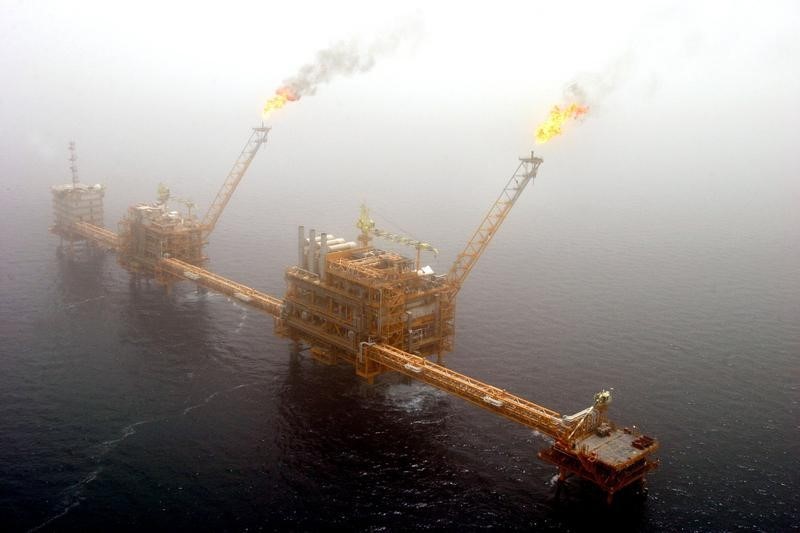By Peter Nurse
Investing.com -- Oil prices rose Tuesday, continuing the previous session’s sharp gains on the prospect of more sanctions on Russia following mounting allegations of war crimes in Ukraine.
By 8:45 AM ET (1245 GMT), U.S. crude futures traded 1.2% higher at $104.53 a barrel, while the Brent contract rose 1% to $108.62.
U.S. Gasoline RBOB Futures were up 1% at $3.2316 a gallon.
“The market is waiting to see what further EU sanctions are imposed against Russia following some horrific images coming out of Ukraine in recent days,” said analysts at ING, in a note. “There will be nervousness around whether these sanctions will target Russian energy exports.”
Ukraine President Volodymyr Zelensky is set to address the United Nations Security Council later Tuesday, following mounting global revulsion over allegations that Russian troops executed civilians in Bucha and other towns, something Moscow denies.
So far, the European Union has avoided imposing sanctions on Russia oil and coal sectors, given the reliance a number of the countries, and Germany in particular, have on imports from Russia.
The latest reports suggest the European Commission will propose banning Russian coal as part of a new round of sanctions, while leaving the crude sector alone.
Adding to the upward pressure on prices was the decision of Saudi Arabia to raise its official selling prices to record levels, implying confidence in future demand.
“Arab Light into Asia was increased by US$4.40/bbl MoM to leave it at a record US$9.35/bbl over the benchmark. All grades into the US were increased by US$2.20/bbl MoM, whilst Arab Light into Europe was increased by US$3/bbl,” ING added.
These gains come despite the U.S. announcing plans last week to release one million barrels per day for six months from the U.S. Strategic Petroleum Reserve, backed up by International Energy Agency members also tapping their emergency supplies.
Additionally, the Chinese financial hub of Shanghai remains under lockdown as it reviews results of an exercise to test all of its 26 million residents for COVID-19.
The city began its two-stage lockdown on March 28, initially in Shanghai's eastern districts, and later expanded to cover the whole city.
China is the largest importer of crude in the world, and a prolonged lockdown could have a significant impact on global demand over time.
The industry body American Petroleum Institute reports its weekly inventory data later in the session, after recording a drop of 3 million barrels last week.
